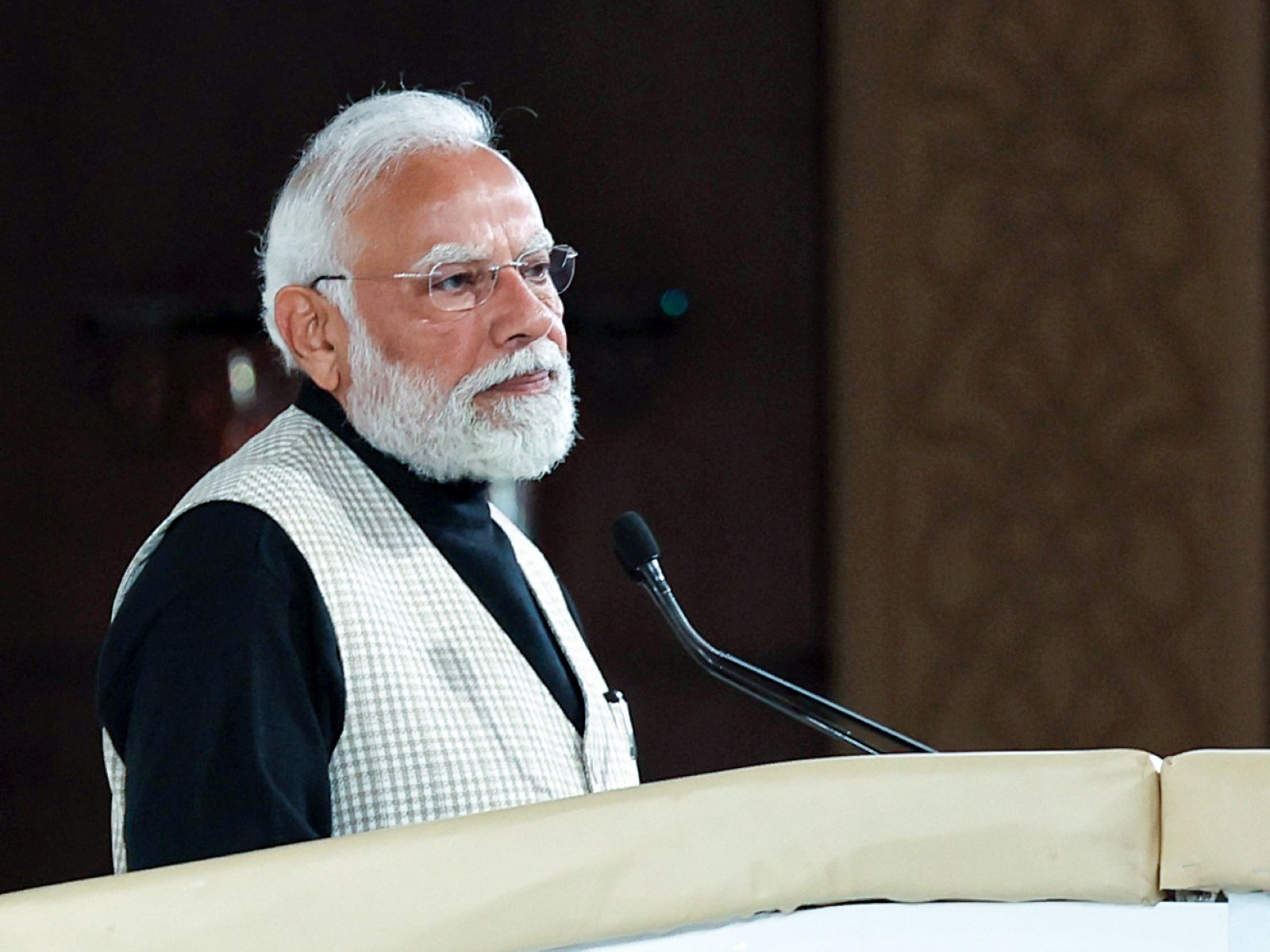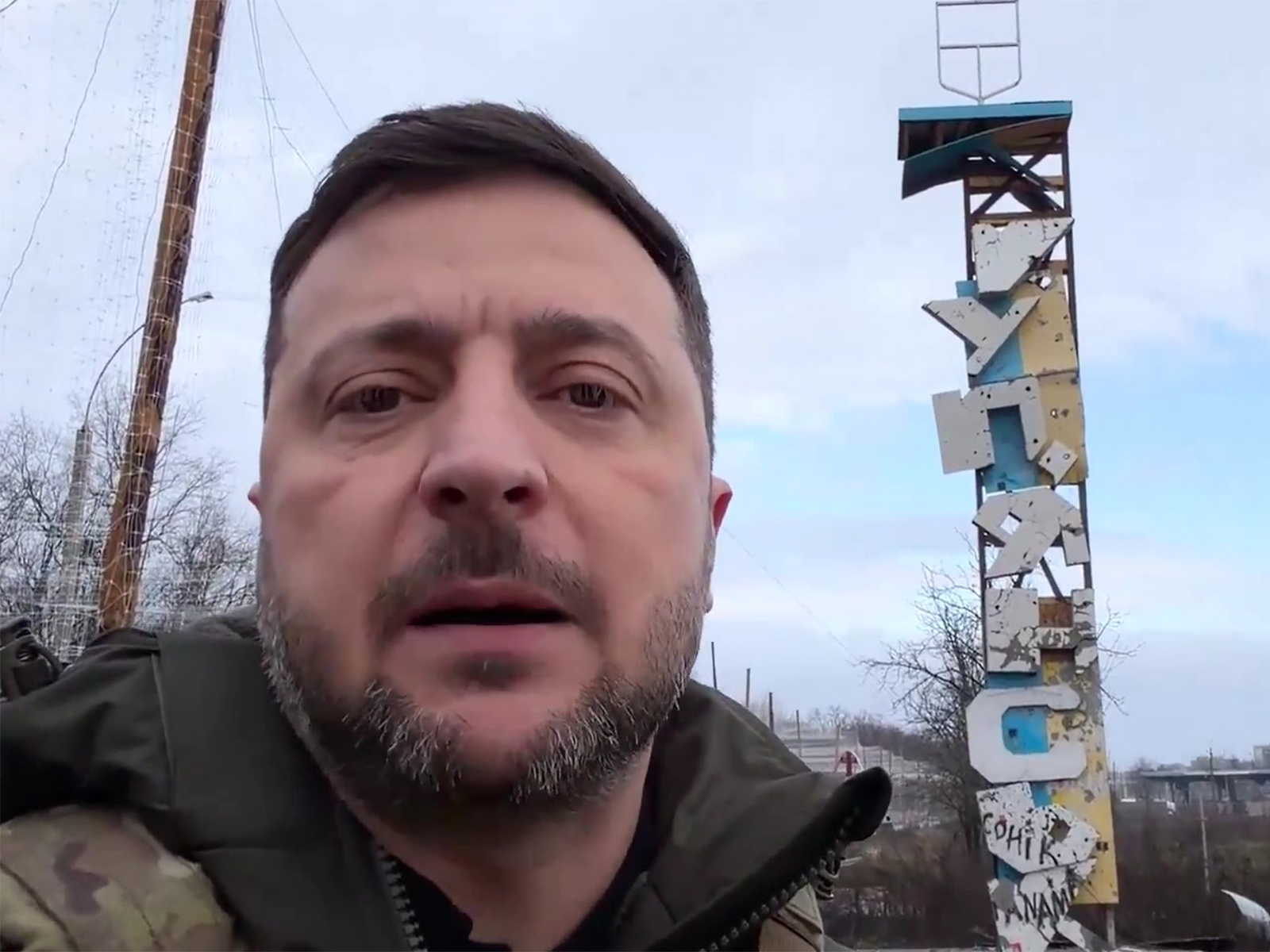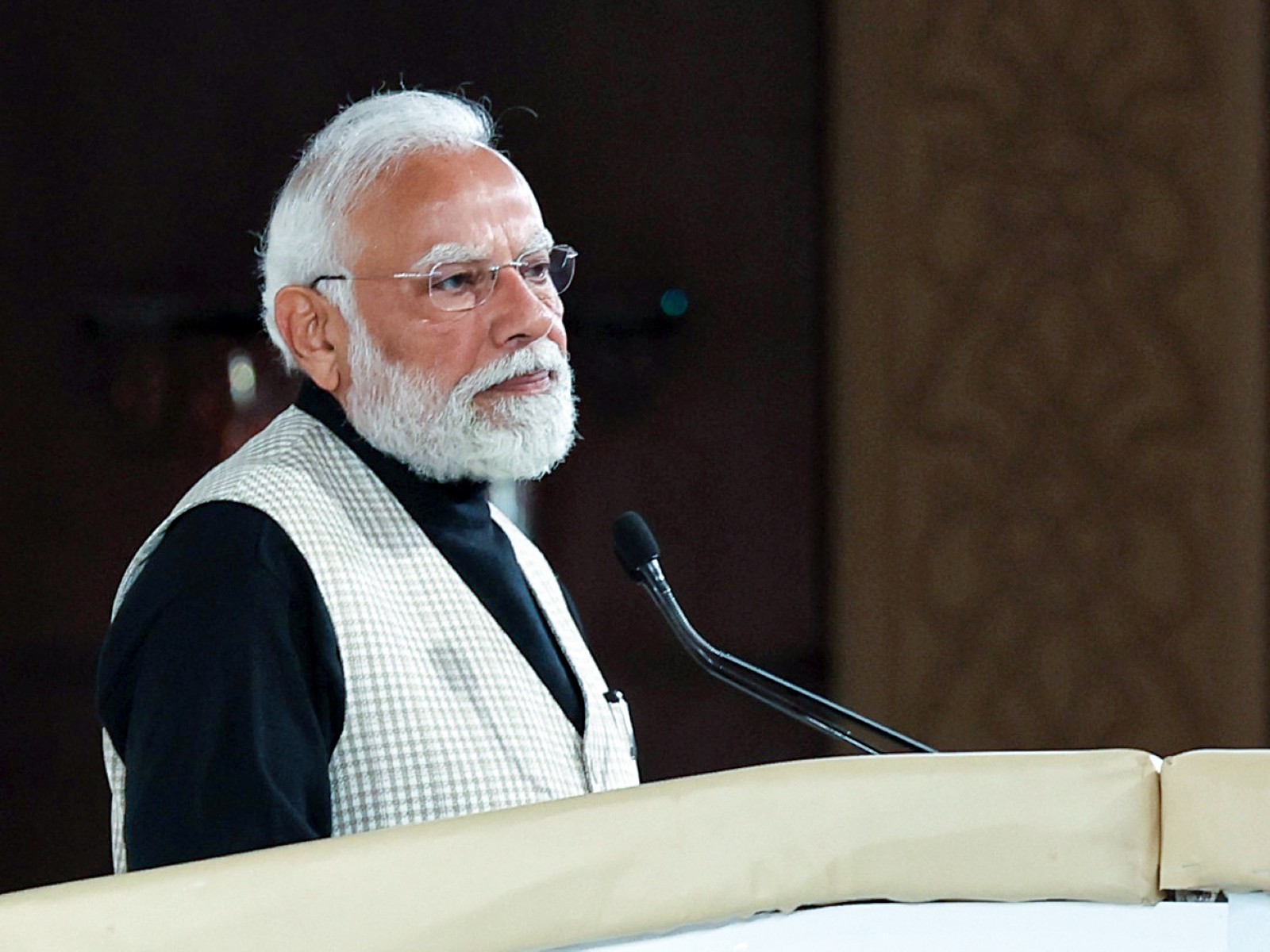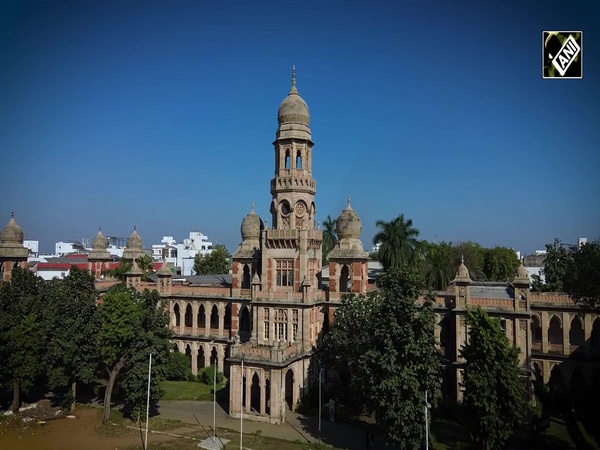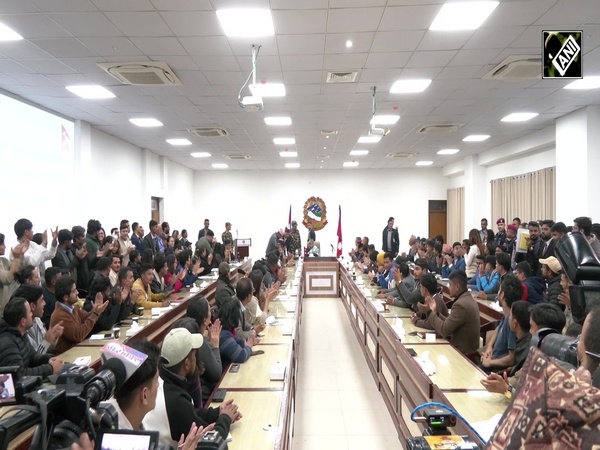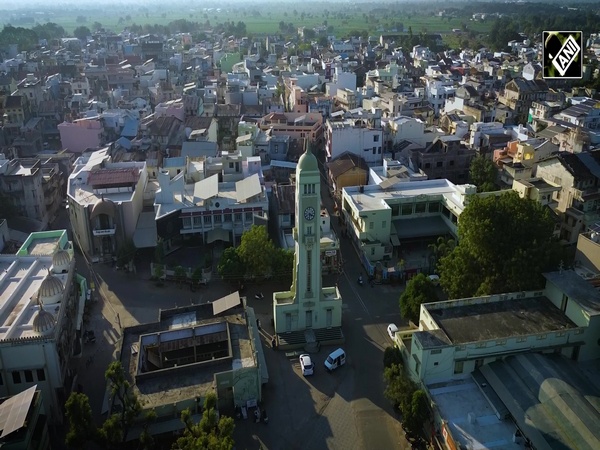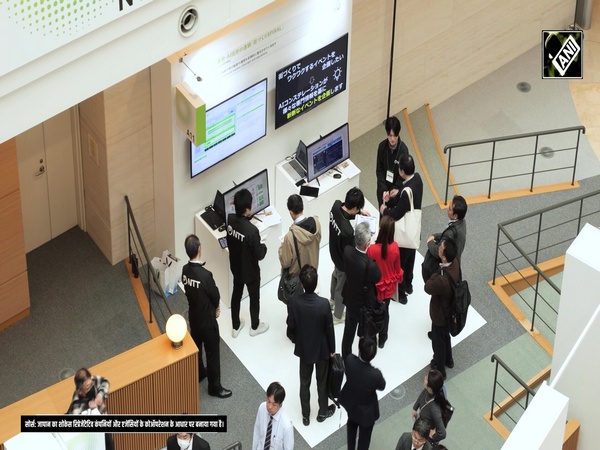Satellite data of auto traffic at hospitals suggest coronavirus may have hit China earlier: Report
Jun 09, 2020

Washington D.C. [USA], June 9 : Dramatic spikes in auto traffic around major hospitals in Wuhan last fall suggest the novel coronavirus may have been present and spreading through central China long before the outbreak was first reported to the world, according to a new study cited by ABC News.
Using techniques similar to those employed by intelligence agencies, a research team from the Harvard Medical School analysed commercial satellite imagery and "observed a dramatic increase in hospital traffic outside five major Wuhan hospitals beginning late summer and early fall 2019," according to John Brownstein, the Harvard Medical professor who led the research.
Brownstein, an ABC News contributor, said the traffic increase also "coincided with" elevated queries on a Chinese internet search for "certain symptoms that would later be determined as closely associated with the novel coronavirus."
Since the outbreak of the deadly virus in China last year, the coronavirus has swept across the globe infecting nearly 7 million and killing more than 400,000 worldwide, according to a count by Johns Hopkins University. It is believed that the virus jumped from animal species, where it had little effect, to humans, where it has become the most potent natural killer since the Spanish flu pandemic a century ago.
Because the origin of a novel virus is so hard to pin down, experts around the world are racing to uncover the secrets of the pathogen formally known as SARS-CoV2. The task for researchers is made far more complicated by the Chinese government's refusal to fully cooperate with Western and international health authorities, American and WHO officials informed ABC News.
Starting with nearly 350 images, the researchers counted the cars parked outside the hospitals and parking lots. So more cars in a hospital, the hospital's busier, likely because something's happening in the community, an infection is growing and people have to see a doctor.
The picture painted by the data is not in itself conclusive, Brownstein acknowledged, but he said the numbers are telling.
"This is all about a growing body of information pointing to something taking place in Wuhan at the time," Brownstein said.
"Many studies are still needed to fully uncover what took place and for people to really learn about how these disease outbreaks unfold and emerge in populations. So this is just another point of evidence," he added.
On October 10, 2018, there were 171 cars in the parking lot of Wuhan's Tianyou Hospital, one of the city's largest. A year later, satellites recorded 285 cars -- a 67 per cent increase, according to the data reviewed by the researchers and shared with ABC News.
Other hospitals showed up to a 90 per cent increase when comparing traffic between fall of 2018 and 2019, according to the study. At Wuhan Tongji Medical University, the spike in car traffic was found to have occurred in mid-September 2019.
To ensure they were not reaching faulty conclusions, researchers said they also took into account everything that could explain away traffic surges -- from large public gatherings to the possibility of new construction at the hospitals. Still, they said they found statistically significant increases in the numbers of cars present.
